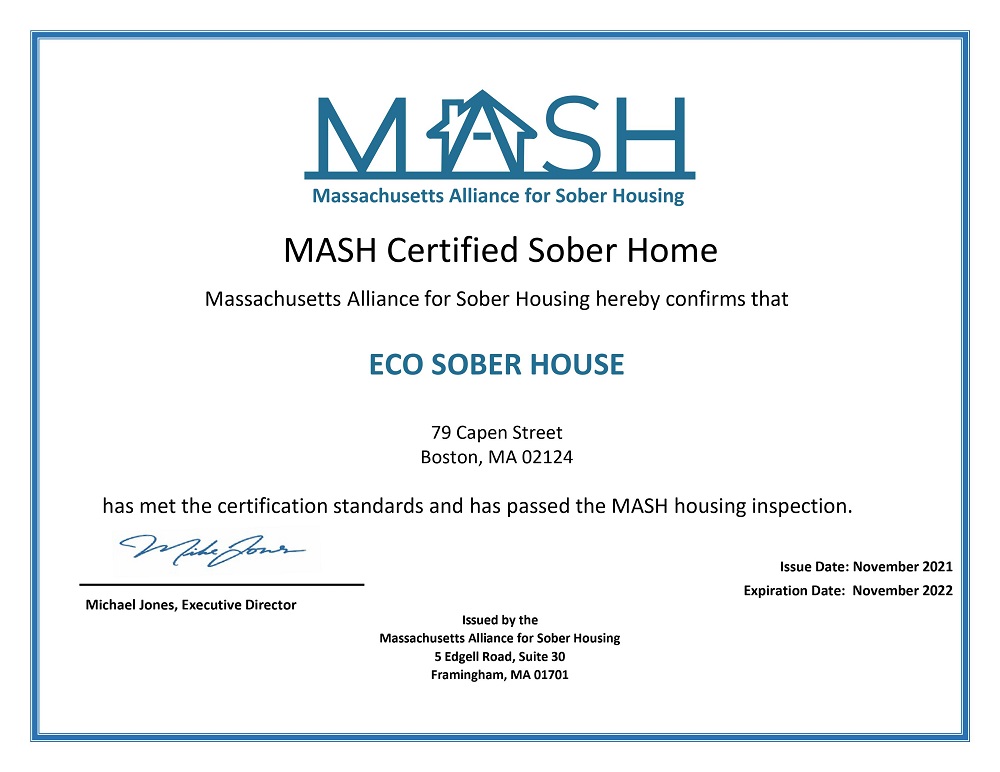If left unchecked, anger can have a negative impact on your health and your lasting sobriety. You may also experience what is commonly called sobriety fatigue, which refers to the overall exhaustion that may occur as a result of the emotional and physical stress of staying sober. So, it’s extra helpful to have a support network available to you when you need it. Now that you are sober, you may have discovered that some of your past relationships were not only unhealthy but downright toxic. It’s not just your drinking buddies and drug dealers who can get you into trouble—sometimes those who are closest to you can contribute to a relapse.
What are the physical and mental health benefits of being sober curious?
These groups offer not only support but also accountability, which is crucial for mental health and sobriety. Embarking on a journey towards sobriety isn’t just about eliminating substances from your life; it’s about rediscovering who you are without them. This phase is crucial and filled with opportunities to explore interests, passions, and activities that were once overshadowed by addiction. The typical sobriety definition includes refraining from any substance that alters your mental or physical state. Mainstream concepts of sobriety often involve totally refraining from a substance or behavior. Sobriety, per the textbook definition, means not being intoxicated at any given point.
Is Sobriety More Than Just Not Drinking?
Emotional sobriety has also become a popular self-growth tool outside of just drinking habits for anyone who wants to get more in tune with what makes them tick. Sobering up means you’re in the process of becoming less intoxicated after drinking enough alcohol to get drunk. There really isn’t any way to speed up the process, despite what you may have heard about greasy burgers. Once you stop drinking, the only way to sober up is to wait it out. One may go to rehab, a detox center or engage a sober companion to start. The next recovery support program may be slightly more difficult to find.
How to Stop Drinking & When Should You Get Treatment?

The next step is to think about what being sober curious might mean in your life. For example, it might mean giving up alcohol for a period of time, such as participating in Dry January, or it might involve gradually decreasing your alcohol use. It might also mean limiting yourself to a single drink once each week when you are out with friends or replacing your usual cocktail with a non-alcohol option.
Want to learn more? Explore our resources
If you’re a heavy drinker, it’s important that you stop drinking under the care of your doctor or an addiction https://holyghostdeliverancechurch.com/physiological-dependence-understanding-its-impact/ specialist. It’s likely that you’ll experience some withdrawal symptoms, especially if you’ve developed a dependency on alcohol. Sobriety may refer to being clear of immediate or residual effects of any mind-altering substances. Colloquially, it may refer to a specific substance that is the concern of a particular recovery support program6 (e.g. alcohol, marijuana, opiates, or tobacco).

Drinking is often part of social activities and celebrations, and is also used by some people to cope with stress or ‘unwind’. alcoholism You may have come across the phrase ‘sober curious’, or ‘semi-sober’ online or in conversations with friends. Remember—to drink or not to drink are both choices that you can make. While alcohol can be enjoyed in moderation, it’s essential that you know and understand the line between enjoyment and dependence. If you can confidently say ‘No’, then you are unlikely to run into any issues living without alcohol.
- By accepting life’s ups and downs, by exploring new motivations, and by moving forward you should find that you don’t need to be intoxicated to be happy.
- These groups offer not only support but also accountability, which is crucial for mental health and sobriety.
- Giving up alcohol typically isn’t easy for people with alcohol use disorder.
- Sobriety is about finding a healthy and sustainable lifestyle where you feel more like yourself, have more energy, and feel capable of reaching your goals.
- The organizations of the temperance movement have promoted sobriety as something normative in society.

In the recovery phase, a person is supposed to abstain from taking drugs, alcoholic drinks, or other addictive substances at all costs. It takes a lot of time and effort, but it’s definitely worth the shot. Sobriety refers to a life free of alcohol and other mind-altering substances that can adversely affect your body, or in the short-term, it’s when you are not temporarily drinking. On a deeper level, living a sober lifestyle can mean you choose not to drink alcohol for the long-term. That can be sober drinking meaning because of substance abuse issues or you just want to live healthier. Maybe you discovered moderation wasn’t for you after flirting with the sober curious lifestyle.
The Definition of Sobriety
- Understanding these changes can help you navigate the complex terrain of rebuilding and nurturing relationships in sobriety.
- One of the first things I learned about not drinking is that there is a huge difference between dry time Vs. being sober.
- Sobriety is a complete transformation process that requires immense patience and determination.
- Most people who make their way into recovery have left a lot of pain and suffering in their wake.
- It represents a state of living, free from the influence of substances, but also, and importantly, it’s about the journey towards personal freedom and clarity.
Sober curious culture encourages a sober lifestyle, but welcomes individuals who aren’t willing, ready, or planning to give up alcohol completely. In a treatment setting, sobriety is the achieved goal of independence from alcohol consumption. At the beginning of abstinence, the residual effects of alcohol consumption may prevent sobriety. These effects are called PAWS or post-acute withdrawal syndrome.